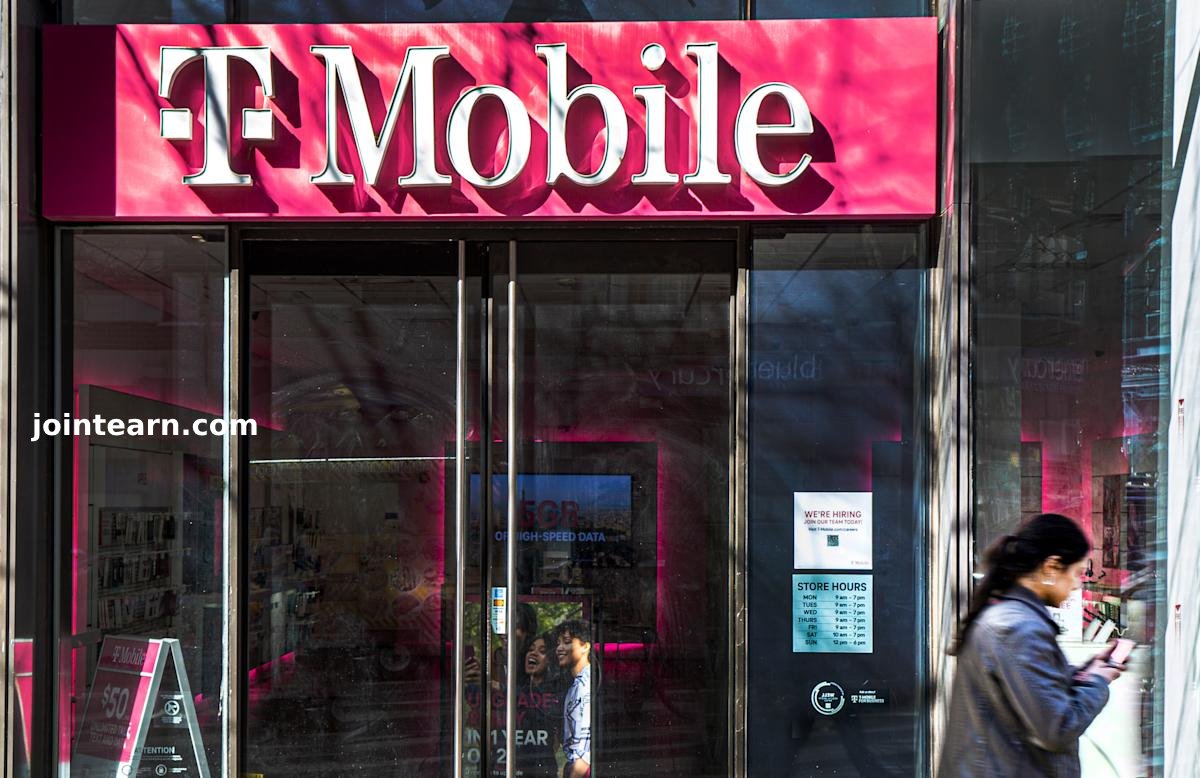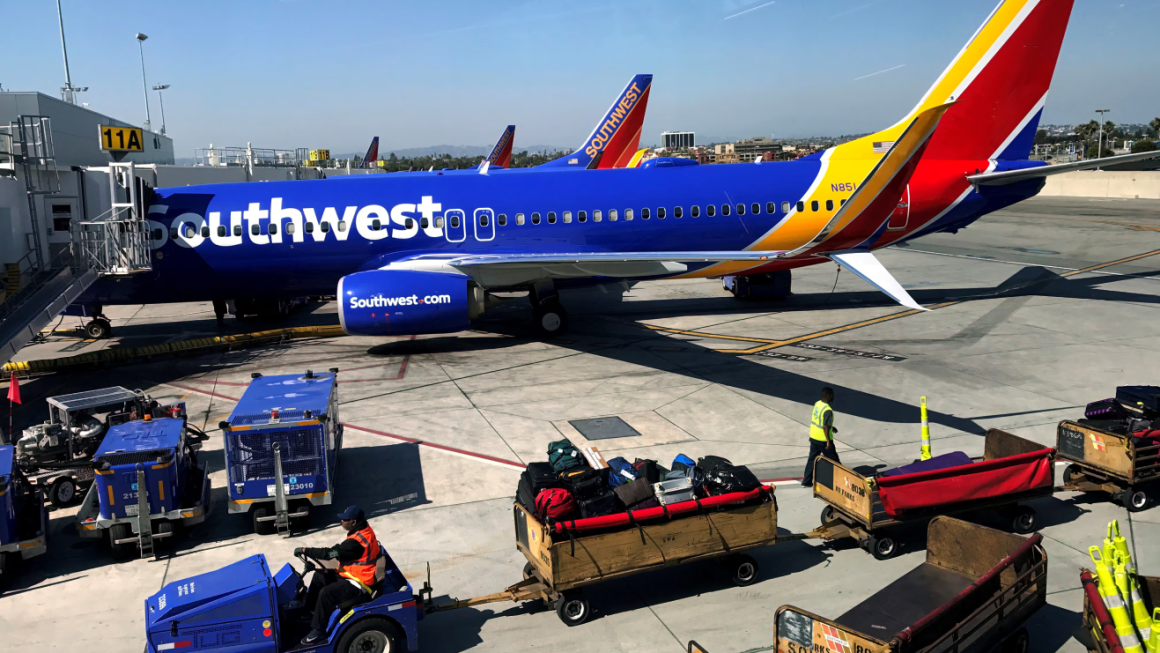T-Mobile (TMUS) CEO Mike Sievert has warned that if President Trump’s tariffs on Chinese imports, particularly smartphones, are fully enacted, consumers will be the ones to absorb the increased costs.
“Tariffs are unpredictable at this point,” Sievert told Yahoo Finance in an interview Thursday. “If they come in and they’re significant, that’s going to have to be borne by the customer. Our model isn’t prepared for something like that.”
Sievert’s comments reflect a growing concern among major mobile carriers, including Verizon (VZ) and AT&T (T), who discussed similar concerns about potential tariff-driven price increases during their earnings calls this week.
Tariff Impact on Smartphone Prices
Sievert went on to explain that higher tariffs would likely result in price hikes for smartphones, leading to slower purchase rates and a slowdown in consumer upgrades. “Prices will rise for smartphones, and then people will slow down their purchases of smartphones,” he noted. This shift could lead to reduced upgrade rates, which would impact the mobile industry.
T-Mobile’s stock saw a 5.5% decline in premarket trading on Friday, largely due to the company reiterating its cautious full-year outlook, despite a strong showing in net customer additions. This downturn in stock performance signals growing investor concerns about economic uncertainty.
T-Mobile’s Value Proposition Amid Rising Costs
Despite potential price hikes, T-Mobile is staying competitive by offering promotions like a five-year price guarantee on phone plans. The company’s strategy comes as the mobile industry braces for a price war driven by tariffs and rising smartphone costs. Verizon, for example, announced it would give new and existing customers a free phone with a trade-in device, coupled with a three-year price lock guarantee.
The Competitive Pressure on Mobile Carriers
Industry analyst Craig Moffett of MoffettNathanson noted that T-Mobile and other major carriers are facing headwinds from slower population growth and increased competition, especially from Comcast. This market pressure is forcing wireless operators like Verizon to ramp up their promotional efforts. Verizon’s three-year price lock on phone plans is expected to boost customer acquisition, but T-Mobile, AT&T, and other competitors may be forced to respond to remain competitive.
T-Mobile’s Earnings and Outlook
T-Mobile posted net sales of $20.9 billion, marking a 6.6% year-over-year increase, which exceeded the $20.62 billion estimate. Adjusted earnings per share (EPS) came in at $2.58, a 29% increase from the prior year, surpassing the $2.46 estimate.
However, T-Mobile missed its postpaid phone net addition estimates, which raised concerns about rising customer churn and increasing acquisition costs. Wall Street analysts are observing an increasingly competitive environment within the wireless industry, which could lead to higher customer acquisition costs and more challenging market dynamics for T-Mobile and its competitors.
Full-Year Guidance and Industry Trends
For the full year, T-Mobile expects post-paid net customer additions to be between 5.5 million and 6 million, slightly below the earlier estimate of 5.78 million. The company also forecasts adjusted operating profits in the range of $33.2 billion to $33.7 billion, which is in line with analyst expectations.
As T-Mobile and other mobile carriers navigate these challenges, the impact of tariffs on smartphone prices and consumer behavior will continue to be a critical factor shaping the industry’s trajectory in 2025.












